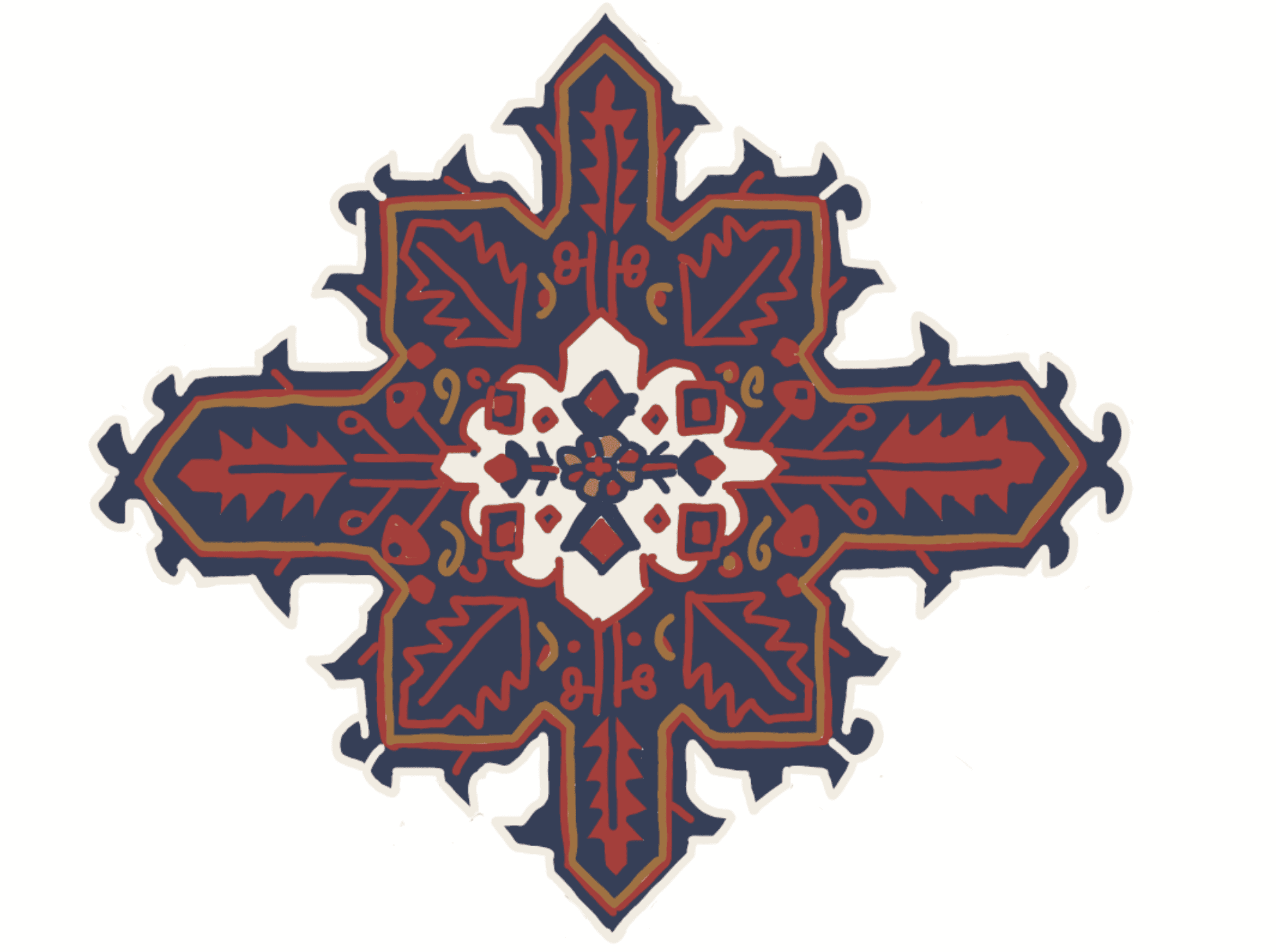I think I might be one of those who mentally gag when someone uses a family metaphor. “We’re all family here.” “We’ve become a family.” “It’s about the friends you make along the way. They become family.” I take a deep, frustrated breath when great exaggerations are made at the expense of identifying the specifics: why are we a family? How did we become one? Through what process or context, do friends, perhaps strangers at first, get to the big F-word label?
The theatre is often where you’ll find the word thrown around the most, particularly in the context of reaching show week after a long period of rehearsals and meetings. You stand around in a circle, arms placed on each other’s shoulders, huddling moments before entering the spotlight on stage. The word is dropped, and everyone goes on with the night. Well, not in my theatre practices, and certainly not in any shows I’m at the helm of.
Most recently, after five months of the usual blood, sweat and tears that go into any production, my directorial debut as the leader behind The Glass Menagerie hit the big leagues. And by that, I mean the SUDS (Sydney University Dramatic Society’s) stage in the Cellar Theatre underneath the ever-confusing Holme Building. Nevertheless, it was a triumph! An entire team comprised of People of Colour (PoC) and Culturally and Linguistically Diverse (CALD) creatives from different disciplines, campuses, and of course, cultural backgrounds made this a reality. With a dramatic twist on an old classic, looking into what it means to be an ‘ethnic-other’ in the Australian context, the team was sensational. And no one should take my word for it — they should look at the overwhelmingly positive reviews instead. Yet, not once was the word ‘family’ used in our show circles moments before opening to audiences. Our successful run and our ability to touch the hearts of immigrant families watching a tragicomedy unfold had nothing to do with the word ‘family’ being thrown around backstage.
“Ethnic-others of the world, unite!”, the other showrunners would exclaim from time to time; a hyperbolic joke on the surface, but a sign of solidarity way down below. For the first time in SUDS history, we had formed an entire team of ethnic-others, those who had come from backgrounds that had faced discrimination at some point in Australian history. We forged friendships, we collaborated on creative visions, and — most importantly — we talked about the tough things other contexts often can’t handle.
“Tell the team your name, your role and why you signed up to the show.”
“I wanted to find a space to honour my heritage.”
“I have missed being around people who understand the ‘other’ part of me.”
“I’ve never really talked about my culture openly so I’m hoping this show helps.”
“My cultural background and my love for the theatre are two of my favourite things, so The Glass Menagerie was the right fusion of the two.”
The theatre isn’t about making a temporary family you dispose of after a week or two of a show. If they’re horrible, you may chuck them out, but more often than not, shows with solidarity at their core are about building bonds so conceivable and robust that no outsider can walk into that space and break them down. A show that tackles societal taboos, perhaps those no biological family understands or has the courage to tackle, fans the flames of understanding itself. Not a shelter for the outcast nor a refuge for the downtrodden; the theatre is a space, literal and metaphorical space for asking the big questions and actually contemplating the answers for them.
Instead of the F-word, this sappy cop-out was replaced with words like ‘collective battle’, ‘community solidarity’ and the like. The painful tiptoeing around subjects like ethnic-othering and intergenerational trauma existed at first while the team was getting to know each other. But as all our hesitations started to fade away and we started revealing our true vulnerabilities, nuggets of truth emerged and the need for empowerment caught on like a wildfire. The performative and shallow actions of large scale institutions, like those within the University, suddenly weren’t needed anymore when autonomy over these spaces we (pay to) occupy lies within our reach. Change was in the air, and its sweet scent still entices me.
My days of directing may be over, but my insistence on multicultural advocacy and the acknowledgement of ethnic others from different generations will never perish. The family metaphor, nay euphemism, a sugar-coated understatement for solidarity and camaraderie, should be put to death. Not euphemistically either. Literally. As long as the theatre stands, so will I. And as long as those difficult conversations are expressed through art, well, who knows; The Glass Menagerie may have even inspired others to carry out similar projects.





